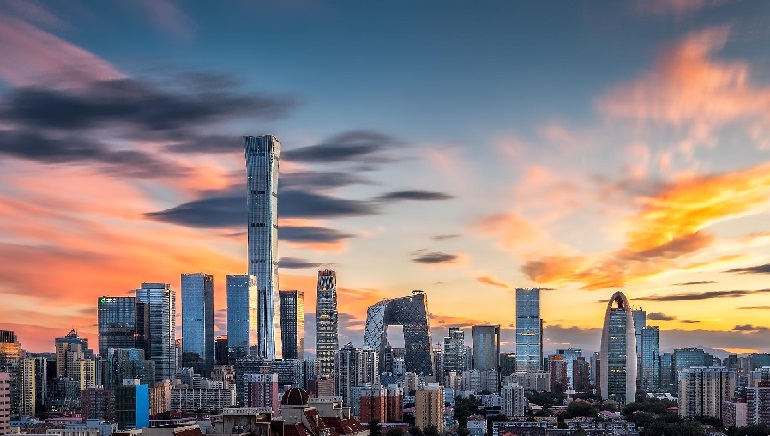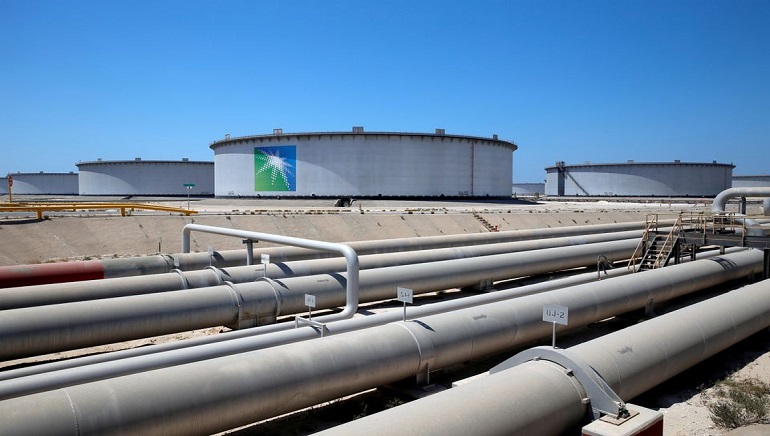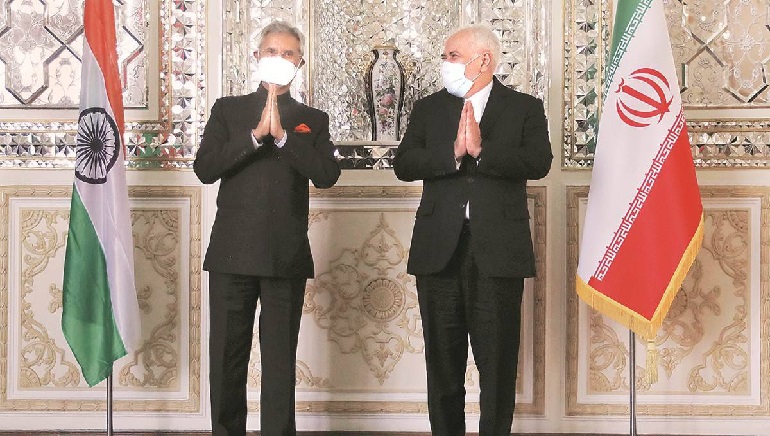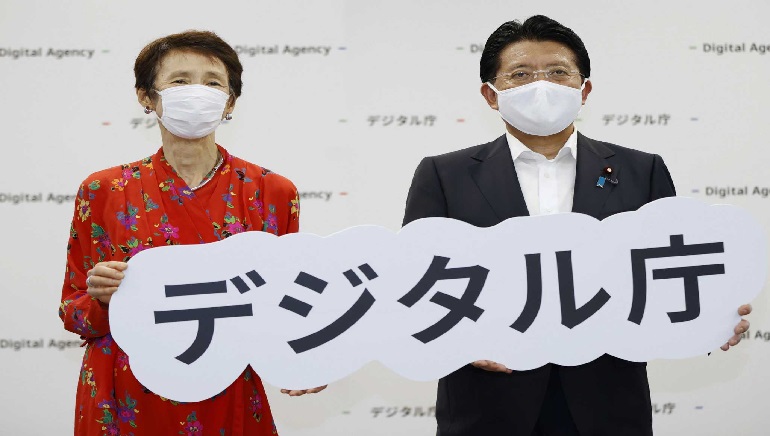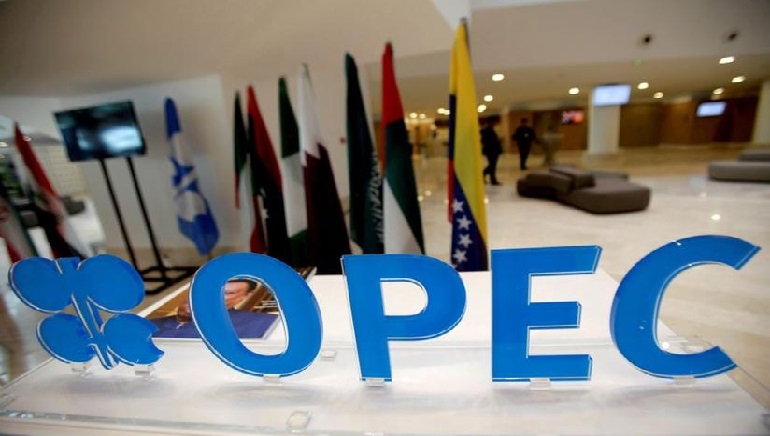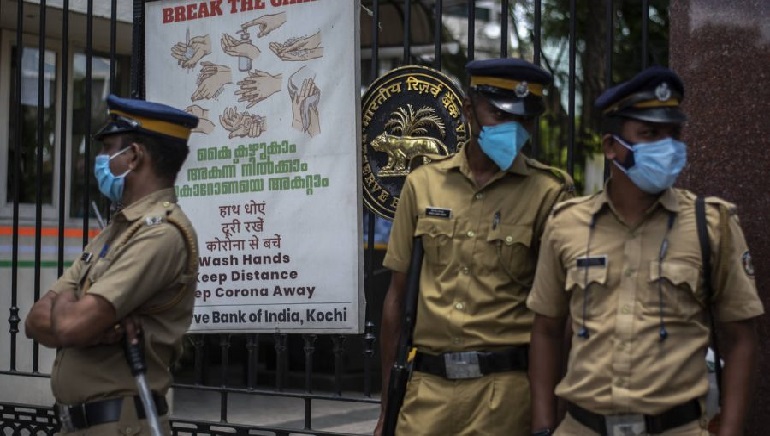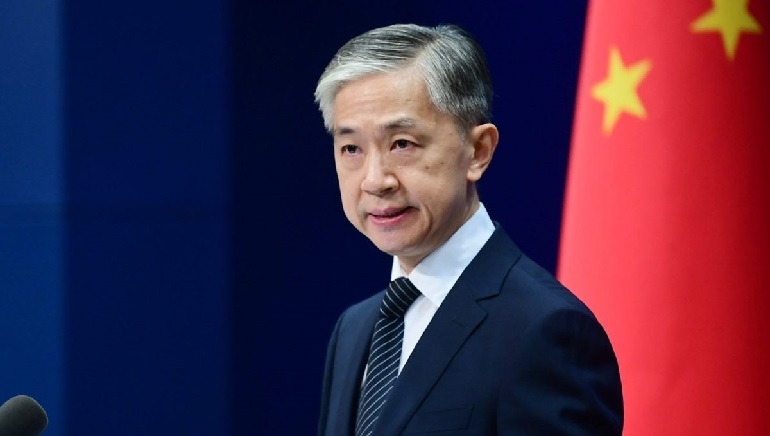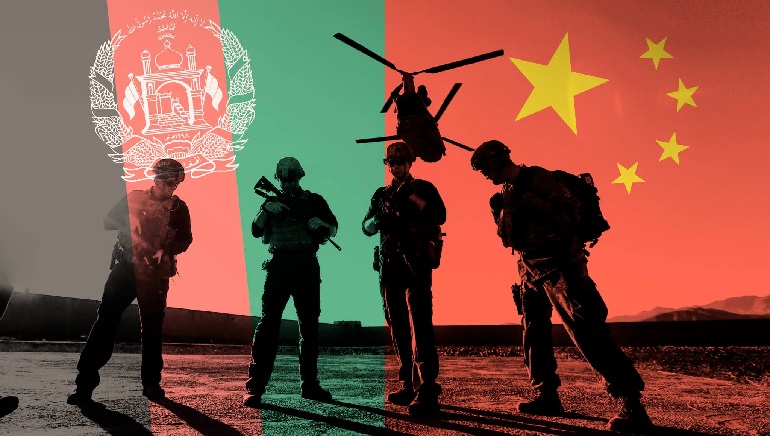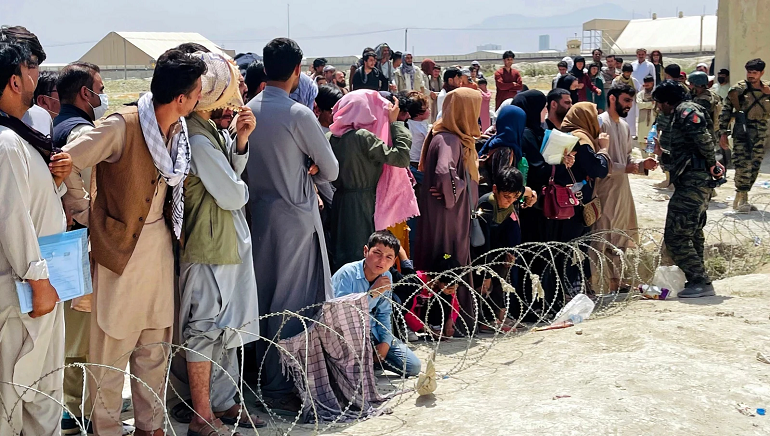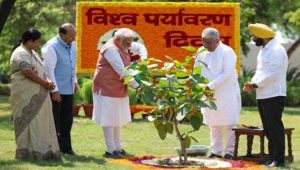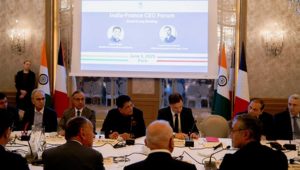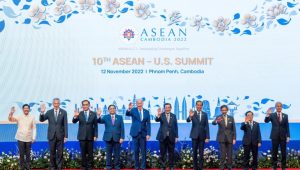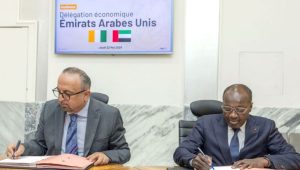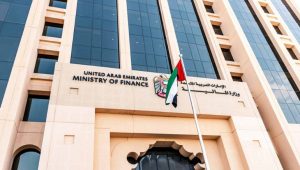President Xi Jinping announced that a new Beijing Stock exchange will be set up as part of this year’s China International Fair for Trade in Services. He remarked this in a video link at the Global Trade in Service Summit on September 2.
Jinping believes this to be the primary platform to serve the leading innovation-oriented small and medium-sized enterprises (SMEs). Its decision caught widespread attention as the Beijing Stock Exchange will become the main financing provider for innovation-driven small-sized enterprises. It is the latest deepening reform known as the New Third Board of the National Equities Exchange. It will comprise of Shenzhen Stock Exchange and the Shanghai Stock Exchange which are the growth enterprise board and the science and technology innovation board respectively.
According to the China Securities Regulatory Commission, the reform of the New Third Board will embark on a new journey after the Beijing Stock Exchange is set up and starts running. It will be based on the innovation-driven SMEs selected from the New Third Board and will be an upgraded version to be precise.
The three stock exchanges will form a three-pillar framework for the nation’s capital market with different focuses and meet the diverse demands of different kinds of enterprises.





